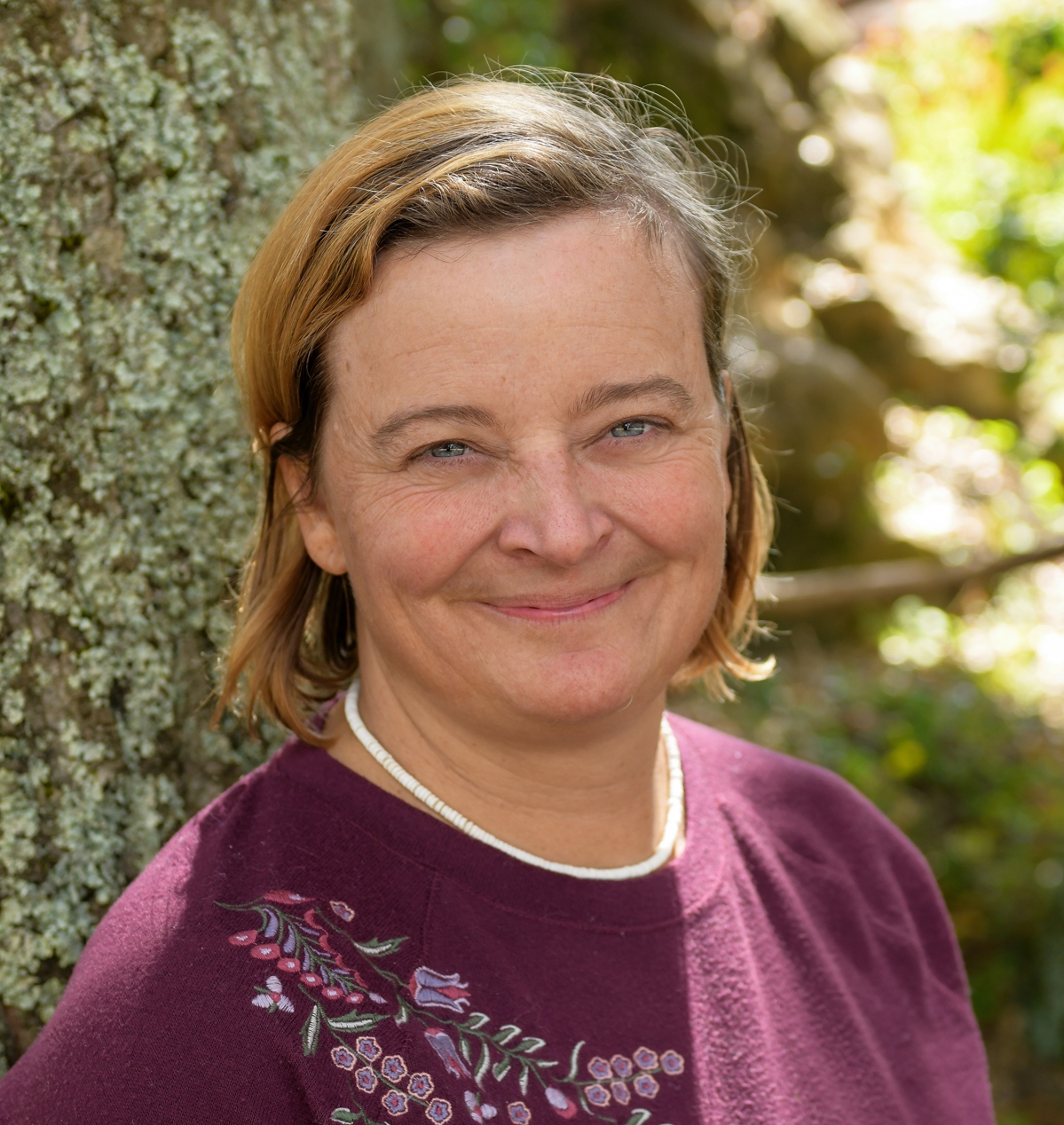 Life can only be understood backwards; but it must be lived forwards. ― Søren Kierkegaard
Life can only be understood backwards; but it must be lived forwards. ― Søren Kierkegaard
Every day we wake up and there is nothing but time. My body jumps up thinking I’m already late. Late to make lunches, make breakfast, find their shoes. Did I lay out their clothes? Are their drawers full or will I be digging in the dryer? Don’t forget the bag of supplies for my teaching day. Go, go, go. Where are my keys? Are the car seats in the car? Teaching and parenting has been a marathon for 12 years.
But now we have nowhere to go. I turn on the weather and hope the news is pushing the hopeful stories of the day. We make breakfast, late, and ponder. Are we feeling happy or sad? Should we make plans? To do what? Is there anything we actually can do, to help, to keep sane, to feed ourselves, to stay healthy? We bake the bread. We water the garden. We clean everything up. We find new ways to laugh and connect.
It’s a new world. It’s slow. It’s full of thoughts and time. It’s full of learning.
In springtime at school, each class is at a high pitch of happiness and productivity, just like the flowers and animals around us. We have our procedures down, we trust each other, we know what we have to do to learn things. And we’re starting to understand the bigger picture, or the arc of the storyline of the curriculum. We are buzzing toward the home stretch. Closing the door of a classroom in the middle of March, wondering when it would open again, was eerie.
Then suddenly there are my students, in tiny little boxes on my computer screen.
“I miss the times when we would just be in class and suddenly start joking around.”
“I miss the breaks when we were all together.”
“I miss the campus, just being there up on the mountain. I miss taking walks together.”
“I feel like I am missing so much of this year, my sixteenth year, and I’ll never get it back.”
No one is saying they are having trouble learning. What we all miss is our community, the little ones in each class and the big one that is the entire school. We cheer up as our cats and dogs appear on the computer screens and are introduced. It would seem that animals can’t resist teleconferencing.
Meanwhile, small panics fly by as teachers and students realize that we do not yet know how to do this perfectly. Some of the stories I tell in the spring I’ve been telling for years, and now I need to tell them over the internet instead, with an audience that isn’t all in one place. My students have learned the skill of being students for all the life they can remember, and now they have to do it differently. What will happen if we get really good at this, and what will happen if we never get good at it?
We have plenty of time to wonder.
###
By Lisa Catterall
Lisa Catterall teaches STEAM, math, science, and art at Mount Madonna School and is a senior associate of the Centers for Research on Creativity. She lectures and trains teachers and administrators on innovation in education in Beijing, China. Lisa has five children and lives in Santa Cruz County.
###
Contact: Leigh Ann Clifton, director of marketing & communicatons,
Nestled among the redwoods on 375 acres, Mount Madonna School (MMS) is a community of learners dedicated to creative, intellectual, and ethical growth. MMS supports its students in becoming caring, self-aware, discerning and articulate individuals; and believe a fulfilling life includes personal accomplishments, meaningful relationships and service to society. The CAIS and WASC accredited program emphasizes academic excellence, creative self-expression and positive character development. Located on Summit Road between Gilroy and Watsonville. Founded in 1979.




